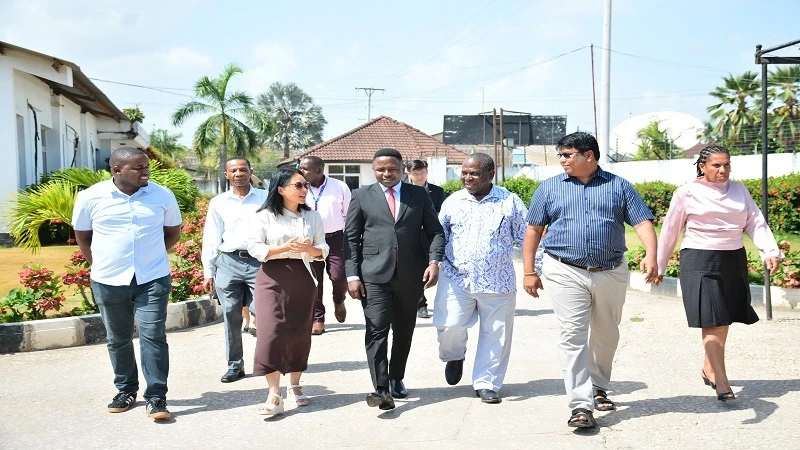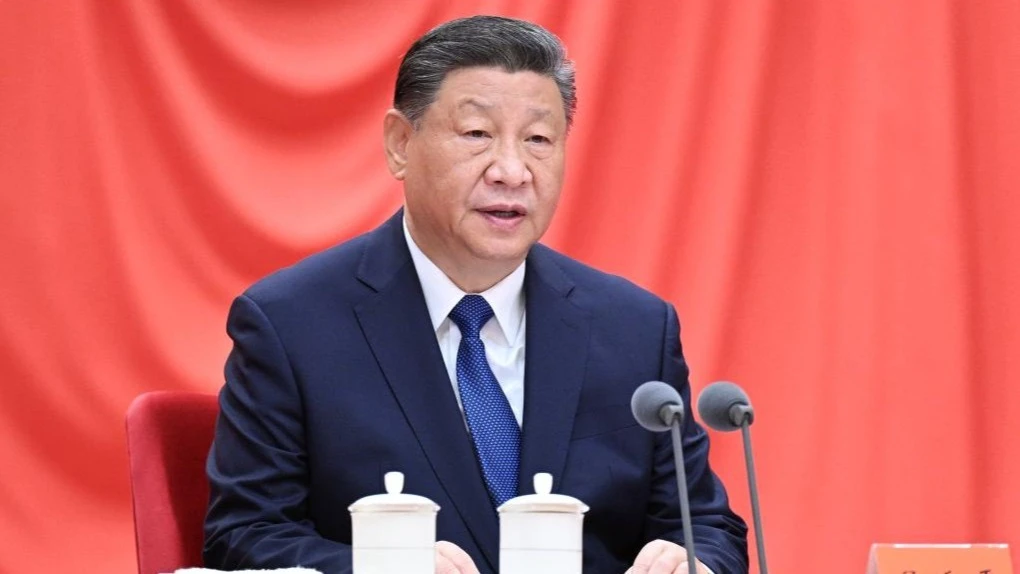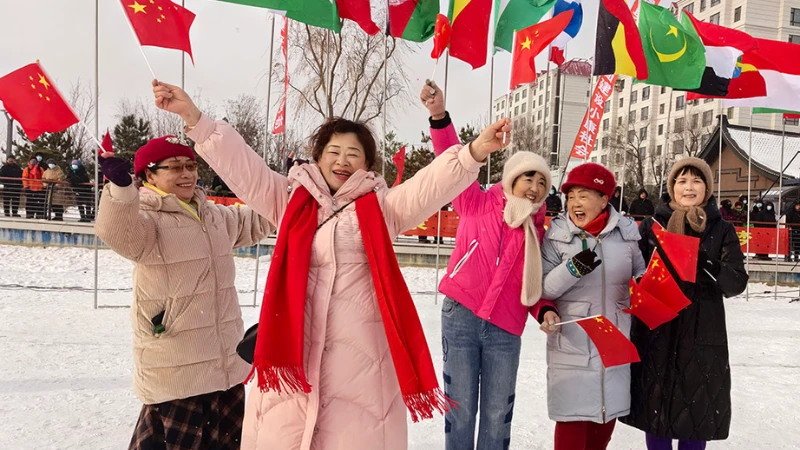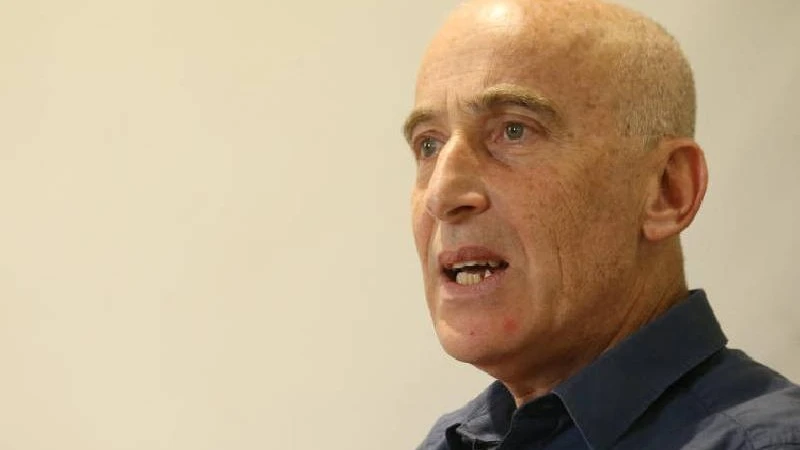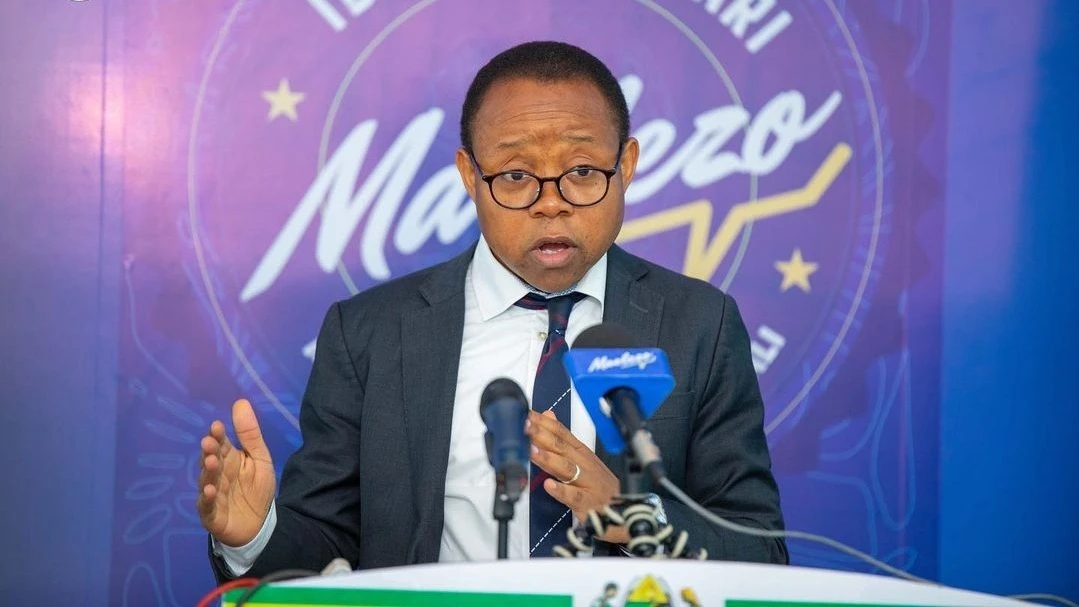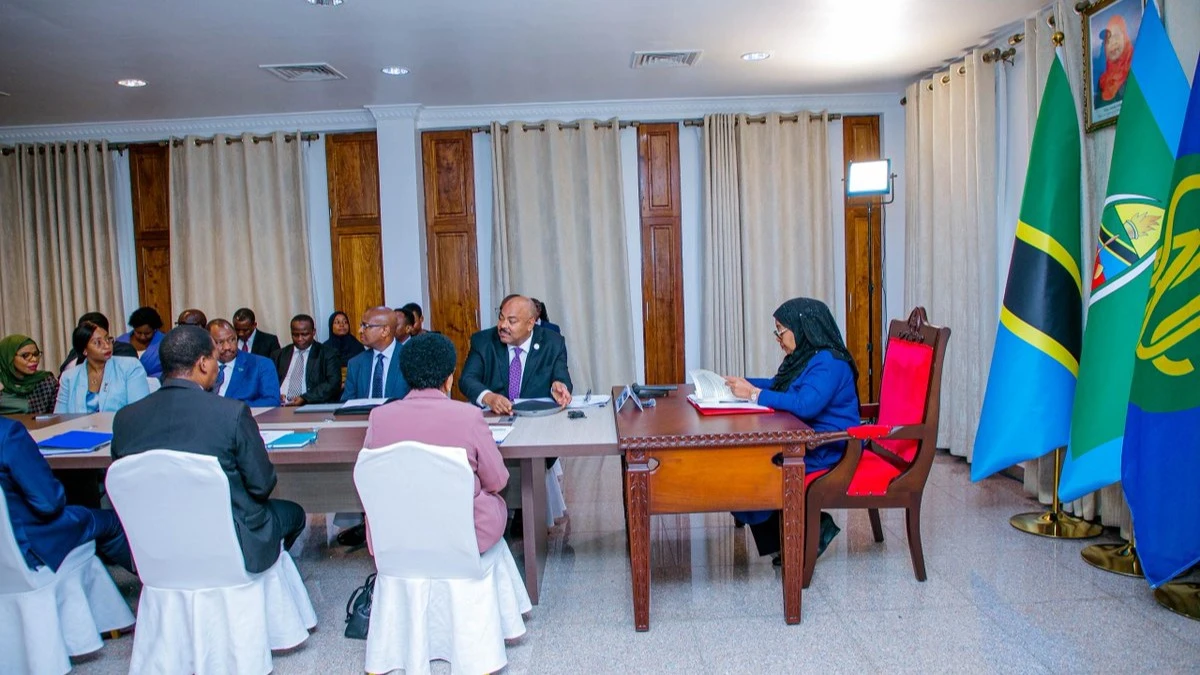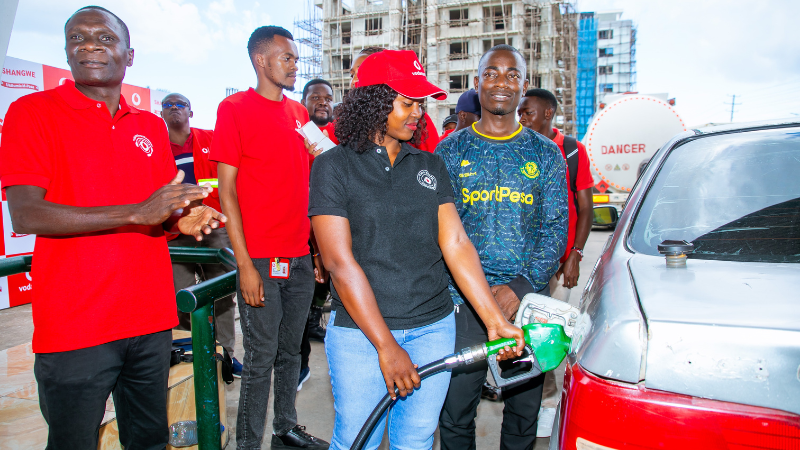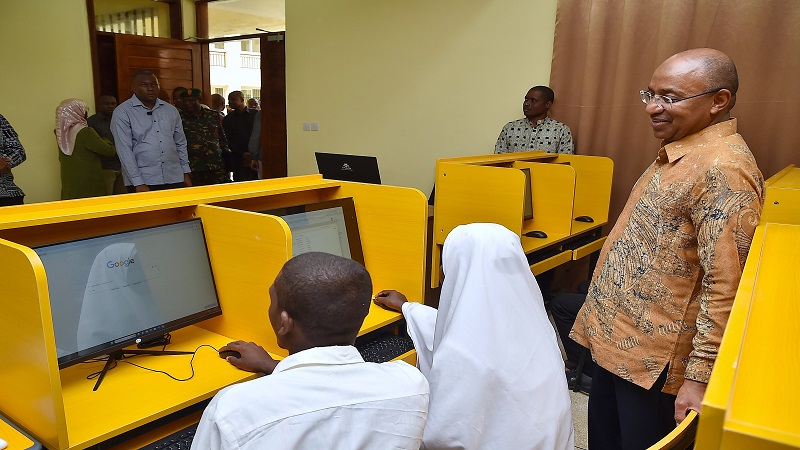Activists advocate for increased number of women in leadership, candidates list
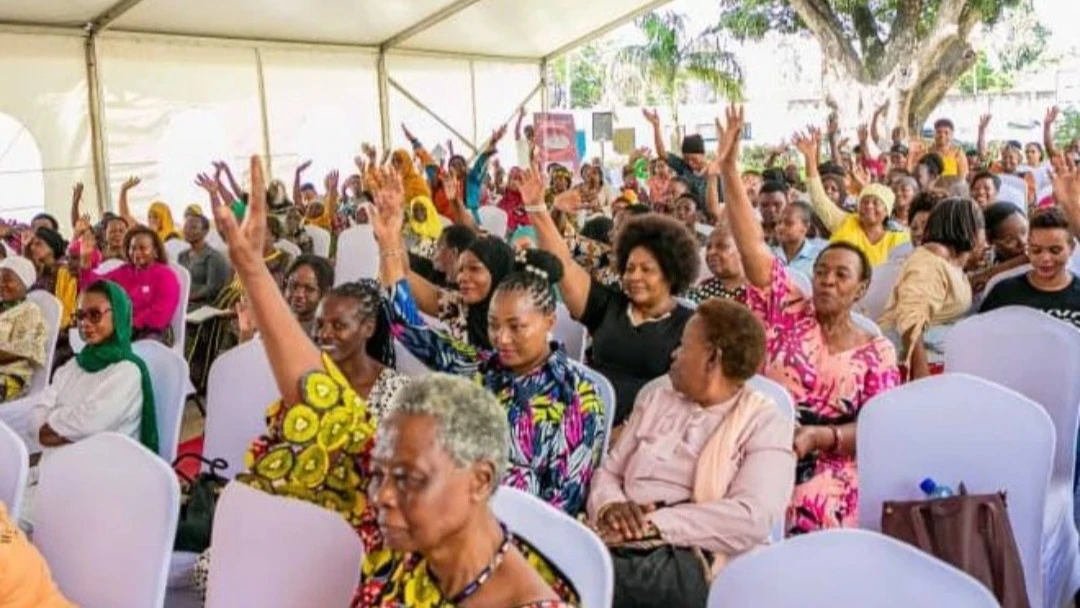
WOMEN rights campaigners have underscored the need for the government to continue reviewing policies, laws and guidelines governing both civic polls and general elections as well political parties to ultimately increase women participation in various leadership positions.
Reports show that although women representation in various sectors is increasing, the pace is still slow, something which needs more efforts to ensure their massive participation.
Speaking during the two-day national forum on women and elections in Dar es Salaam recently the activists were concerned that despite progress in women inclusion, there are still gaps which hinders participation of women in various leadership positions and decision making bodies.
The symposium brought together more than 200 gender activists from across Tanzania under the coalition on Women, Constitution, Election and Leadership (WCEL).
Prof Penina Mlama, WCEL Chairperson said that improving the laws and policies would create a more attractive environment for women to vie in positions and participate in decision making.
She called for combined efforts from stakeholders to break cycles of inequalities and increase participation of women in elections and various leadership positions Reports show that out of 11,916 village chairpersons in the country, women are only 246 which is equivalent to 2.1 percent.
Similarly, in towns and cities where one would expect increased number of elected women leaders at local level, the trend is more like in villages because out of the 4,171 towns and cities, women mtaa chairpersons are 528 which is equivalent to12.6 percent while out of 58,441 hamlets, women chairpersons are 4.171 ( 6.7 percent).
She said women especially those in remote villages and towns are not heard and considered despite their competence.
According to her, there are a good number of women who are competent and can contribute well if given the opportunity but due to various reasons including geographical locations, they fail to vie for different posts within their political parties.
“Women have rights to vie for various leadership positions in communities, the network has been working closely with the government and various development stakeholders to improve the environment and increase women participation in various fields such as of the economy, political and social,” she added.
Prof Mlama called on women across the country to actively participate in the coming civic polls and general elections next year as well as providing opinions in the preparations of the National Economic Development Vision 2050.
She emphasized that it is crucial for women to come forward in large numbers to advance the struggle for women’s liberation, ensuring access to national and social resources, and to take part in important national
decisions.
Dr Ave Maria Semakafu, country coordinator of the Tanzania Women Cross Party (TWCP) – Ulingo platform said many positions in political parties are taken by men with women having low representation.
She urged political parties to stop giving hard times to women who are interested in leadership but rather support them to realize their goals.
Dr Semakafu noted that political parties are the major gatekeepers in determining which candidates have qualifications to vie for a certain post.
Parties play a critical role in enabling or blocking women’s participation in decision-making processes, so they must ensure they increase the number of women in those positions.
“Top leaders in political parties have a big role to play to make sure that women are given opportunity without facing any kind of setbacks, because for a long time women have been complaining of being mistreated or given fewer chances to vie for leadership positions,” she noted.
She encouraged women to work hard, be confident and not hesitate to vie for leadership positions in the forthcoming elections so as to bring out their personal best to serve the public.
Tanzania Gender Networking Programme (TGNP) Board Chairperson, Gemma Akilimali underscored the need to have a strict follow up of any rising challenge during elections.
“Many people are unaware of local government election principles, the situation that undermines efforts set to educate citizens likewise women participation in the coming elections,” she added.
Rose Marandu, executive director of Women Fund Tanzania–Trust (WFT-T) called on women not to fear vying for leadership positions in the next local government election.
According to her, members of the network have a role to advocate for the change of mindsets in the society towards women’s capacities in leadership which are fuelled by cultural barriers, lack of confidence and awareness.
“It is important we continue to advocate for change, educating communities in remote areas to know the importance of valuing women power. Political party leaders also need to promote equality in their parties,” she said.
Prof Ruth Meena, women rights veteran activist claimed that there are still many gaps in elections as the competition system isn’t fair for women to compete.
She noted that Article 12(1) of Tanzania’s constitution says, “All human beings are born free, and all are equal.” Article 13 (1-5) further elaborates by prohibiting all forms of discrimination, including gender discrimination.
Reports by the President’s Office, Public Service Management and Good Governance, show that women ministers had increased from six in December 2005 cabinet to eight ministers in December 2010.
In December 2015 there were 10 ministers that dropped to four ministers in December 2020. As of April 2024, the cabinet had seven women ministers and four deputy ministers.
The National Bureau of Statistics (NBS) report for 2020 indicates a total of 264 election constituencies in the United Republic of Tanzania of which 50 are in Zanzibar islands.
It states that four popular political parties had at least 20 percent of women candidates in constituencies for the 2020 general elections.
The ruling party Chama Cha Mapinduzi (CCM) from the 264 constituencies picked 27 women candidates for the Member of Parliament (MP) positions.
The leading opposition party CHADEMA had chosen 64 women, ACT Wazalendo had 23 women candidates and the Civil United Front (CUF) had 32 candidates.
NBS indicates that sitting elected women MPs in the National Assembly of the United Republic of Tanzania are 26 (10 percent) of the 264 total elected MPs.
Special seats MPs are 113 forming a total of 139 women MPs (37 percent) of all 393 MPs in 12th National Assembly.
Elected women ward councilors are 204 (3.8 percent) special seats councilors are 1,611 (30 percent) making a total of 1,815 women councilors (33.8 percent) of 5,353 total councilors. Men councilors are 5,149 (96.2
percent).
Mainland Tanzania has a total of 185 district council chairpersons of whom six (3.2 percent) are women.
Top Headlines
© 2025 IPPMEDIA.COM. ALL RIGHTS RESERVED











